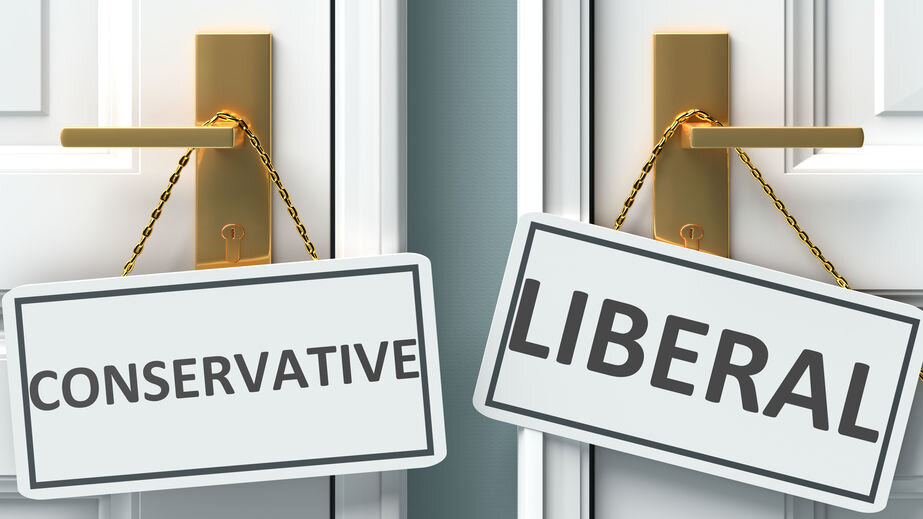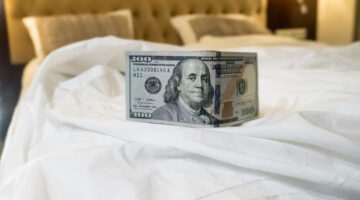Who’s Having More Sex During the Pandemic? It Depends on Your Politics
July 20, 2020 by Justin Lehmiller

Some of my colleagues and I at The Kinsey Institute started a study in mid-March to explore the effects of the COVID-19 pandemic, lockdowns, and social distancing on people’s intimate lives.
Our initial results were recently published in the journal Leisure Sciences (the paper is freely available to read here), and one of the key things we found was that far more people reported declines rather than improvements in their sex lives during this challenging time.
Specifically, about 44% reported a decline in their sex life, while 14% reported an improvement—the rest said that things stayed roughly the same.
We also found that overall rates of masturbation and partnered sex were down across the board compared to pre-pandemic levels.
However, some people were more likely to experience declines than others—and it turns out that it depended, in part, on people’s political affiliations.
We didn’t explore political factors in our Leisure Sciences paper (we’ll be addressing them in a separate paper—in fact, we have a whole bunch of papers coming soon!), but I discussed some of the things we observed in a recent article over at POLITICO.
In short, we found that people who identified as more conservative were actually more sexually active during the lockdown/quarantine period than those who self-identified as liberal. This was true regardless of people’s relationship status, too—it didn’t matter whether people were living alone or living with a partner.
So why is that? Why would our political backgrounds play a role in what was happening in our bedrooms during lockdown?
As I discuss in the article, there are several possible reasons for this. One has to do with social distancing adherence—liberals were more likely to report sticking to social distancing guidelines than were conservatives.
Also, liberals (compared to conservatives) reported feeling more stressed and lonely, and they reported more concern for their own health and safety during this time. These factors likely influenced not only how safe people perceived sex and hooking up as being, but they may have also influenced levels of sexual desire. For example, we know that when people are feeling more stressed, they’re less likely to be in the mood for sex.
To learn more about what we found and for a more detailed look at the psychology behind this political difference, check out the full article over on POLITICO.
Want to learn more about Sex and Psychology? Click here for previous articles or follow the blog on Facebook (facebook.com/psychologyofsex), Twitter (@JustinLehmiller), or Reddit (reddit.com/r/psychologyofsex) to receive updates. You can also follow Dr. Lehmiller on YouTube and Instagram.
Image Source: 123RF/ Michal Turczynowicz-Suszycki
You Might Also Like:

Dr. Justin Lehmiller
Founder & Owner of Sex and PsychologyDr. Justin Lehmiller is a social psychologist and Research Fellow at The Kinsey Institute. He runs the Sex and Psychology blog and podcast and is author of the popular book Tell Me What You Want. Dr. Lehmiller is an award-winning educator, and a prolific researcher who has published more than 50 academic works.
Read full bio >

